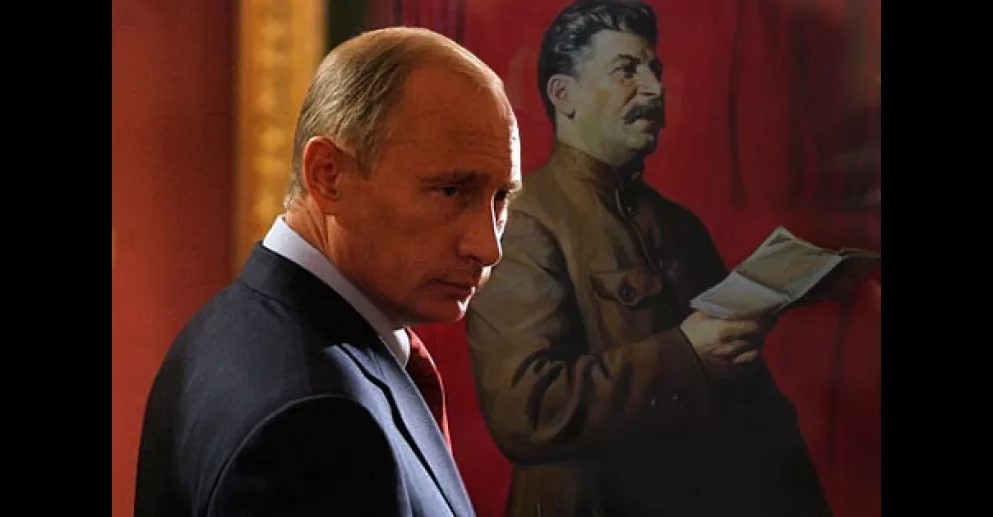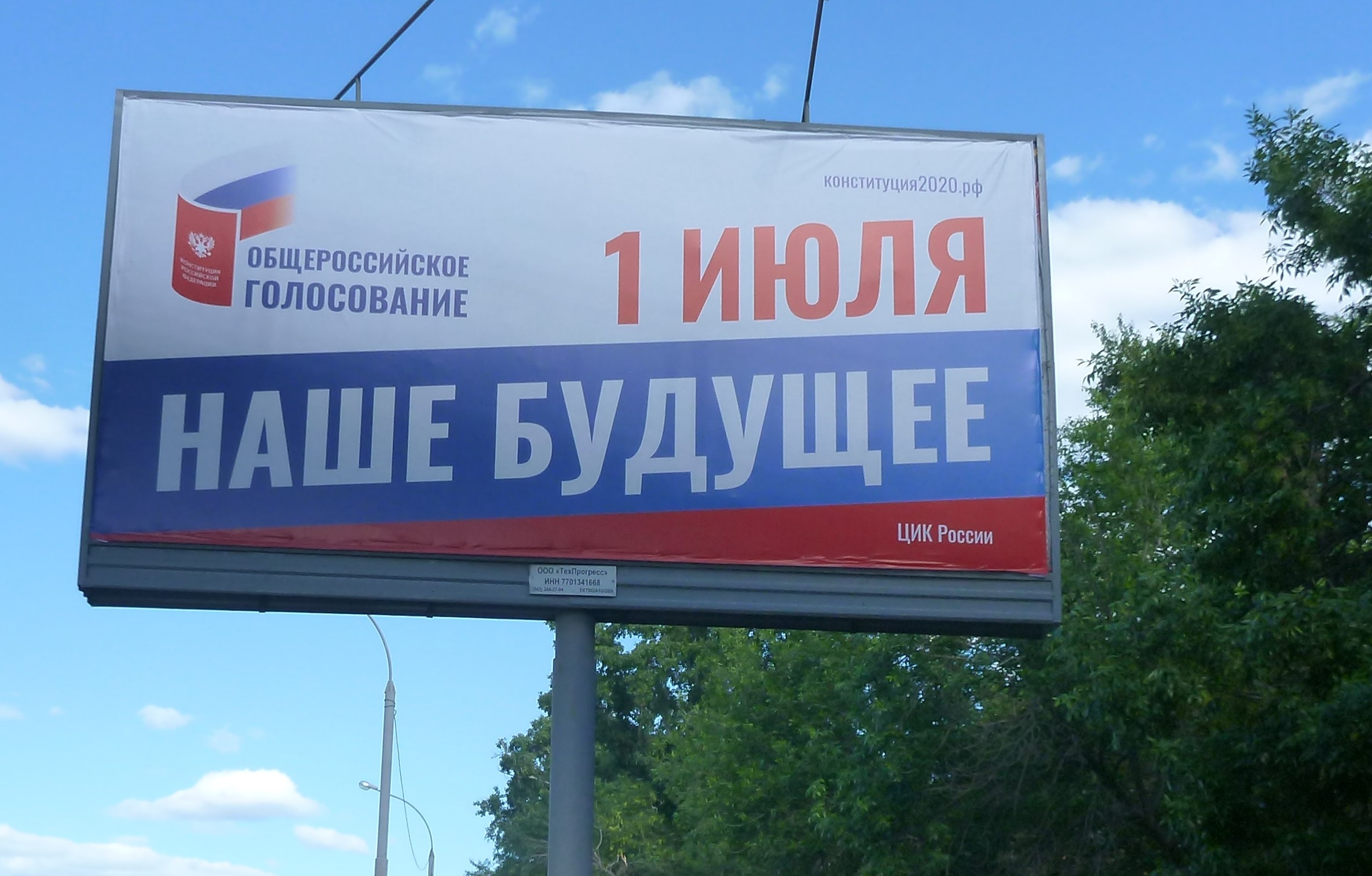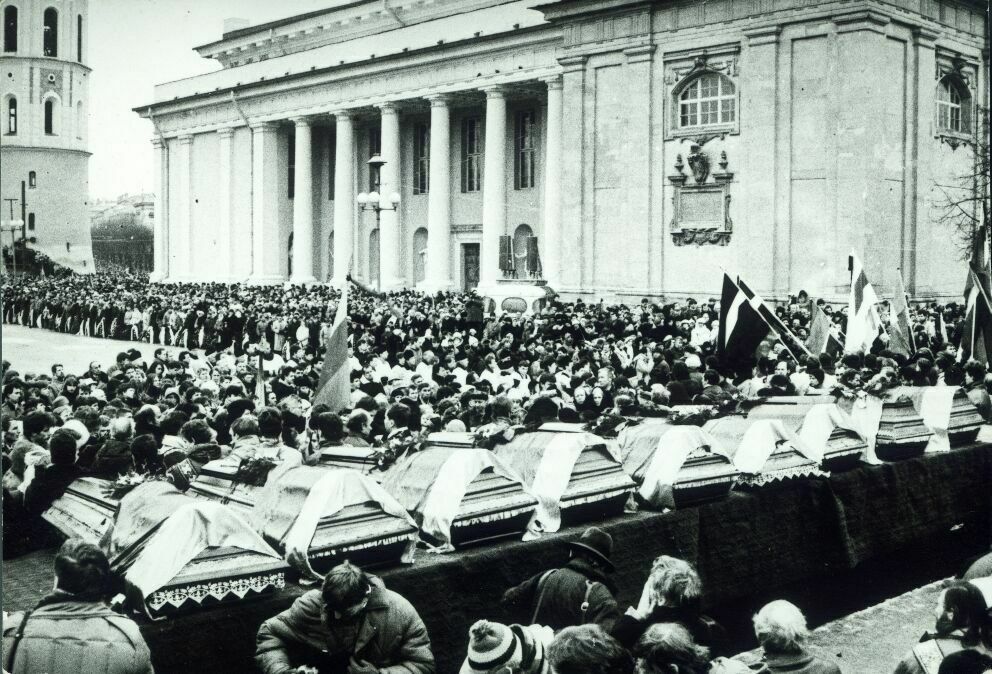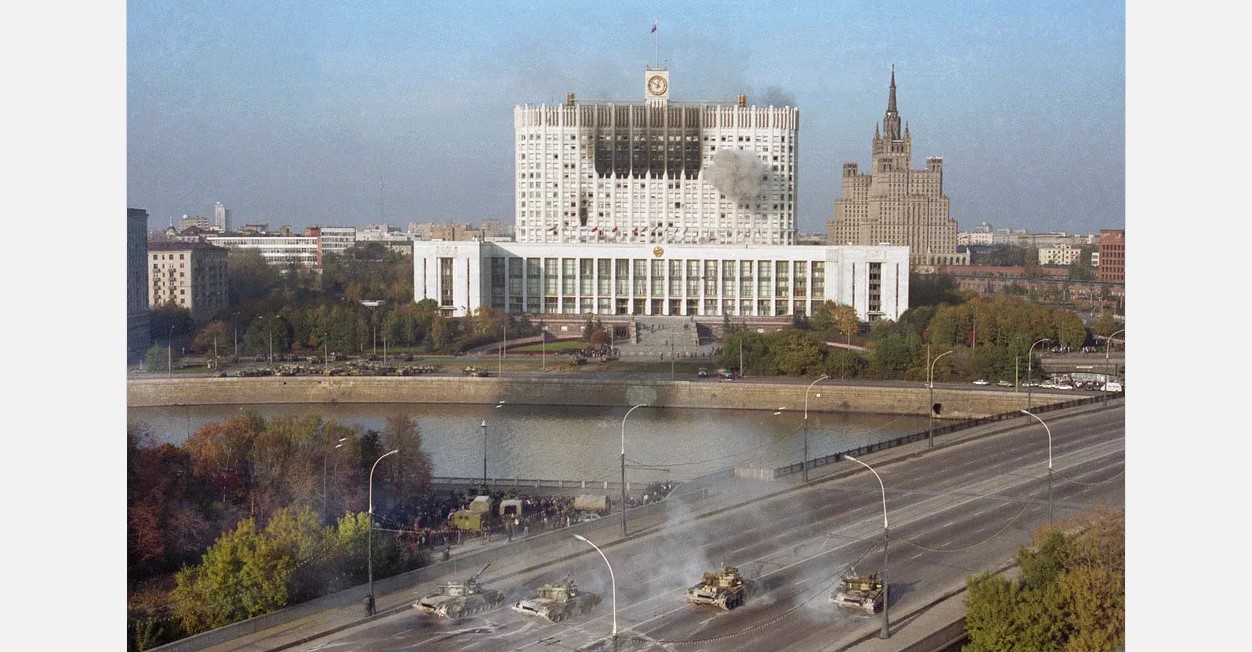A compelling argument can be made that the Soviet Union died when it did and not much later as its supporters hoped because Joseph Stalin violated his own understanding and annexed the Baltic countries, western Ukraine, western Belarus and Bessarabia via his Molotov-Ribbentrop Pact with Adolf Hitler
.
In his draft theses on the national colonial question for the second congress of the Komintern in 1920, Lenin outlined his view that as the revolution spread, so too should the borders of the Soviet state, an idea that the Red Army’s invasion of Poland may have made appear plausible.
Stalin registered his objections to such expansions in two code cables, one of which was published in Soviet times – only once and by someone who did not die in his sleep as a result – as a footnote in the third edition of Lenin’s collected works and one of which remained unpublished until after the demise of the USSR.
In both, Stalin made clear that national identities would remain powerful even after a socialist revolution and that trying to impose Moscow’s control on those who had never experienced Russian rule before would be a mistake. He said that the Poles would never accept Soviet RUSSIAN rule and that the same would be true elsewhere.
Had Lenin lived, he might have expanded the borders of the USSR far further than did Stalin and caused that country to collapse even sooner; but even Stalin acted against his own understanding during World War II and brought within the USSR two regions, the Baltic countries and western Ukraine, that became the trigger for the end of the Soviet Union in 1991.
And they did so not because of US non-recognition policy, as important and inspiring as it was, but because the peoples of Estonia, Latvia
, Lithuania and Ukraine eventually were able to behave in exactly the way Stalin had anticipated, challenging the Soviet order and becoming a powerful model for others to do the same.
Now the Apache Dances Telegram channel has made a similar argument. A century from now, it says, Western sanctions will be viewed as almost a distraction; but Russia’s occupation of Crimea
will be recalled as the turning point from when everything seemed possible for Putin’s regime to when everyone sensed it was going to fail.
“The Russian Federation today is surprisingly similar in that regard to the USSR of the 1970s and 1980s,” although much weaker in many ways, the channel writes. Its leaders keep making the same mistakes, and today as then, everyone “intuitively feels” that the entire structure is “doomed” even if most people avoid talking about that in public.
There is, however, one significant difference.
These officials may be able to keep things together for a time, the channel argues, but the longer after the Crimea Anschluss they do so, the more complete will be the collapse. Historians of the future will take note of all that, and they will point to the annexation of Crimea as the occasion when all this began.
Stalin at least understood that at one point, although later he acted against his understanding and his interests. It is far from clear whether Putin understands what he has done and why ultimately it will blow up in his face or those of his successors. It may be that the current Kremlin leader doesn’t even care.
Read More:
- Crimeans “withdraw” their referendum vote on 5th anniversary of Russian annexation
- US closer to preventing recognition of Crimea as Russian territory
- Portnykov: Crimea is a symbol of international impotence
- Five-year-long disinformation campaign didn’t make Crimea Russian
- Five years after Anschluss, US moves toward a formal non-recognition policy on Crimea
- Russia prepared to occupy Crimea back in 2010 and other things we learned from Yanukovych’s treason trial
- Military base instead of a resort: Crimea four years after the occupation
- Hague court rules Russia must compensate Ukrainian investors $159 mn for Crimea losses
- Russian occupiers now hold at least 70 political prisoners in Crimea
- Google Earth imagery reveals major Russian invasion in summer 2014
- Ukraine and the Kremlin’s myth of the “polite” invader
- As Crimea was occupied, Western countries cautioned Ukraine against “drastic steps”
- Stages of Russian occupation in a nutshell
- New UN resolution on Crimea confirms Russia is an occupying power, brings 10 important changes for Ukraine
- Russia methodically destroys and removes cultural treasures from occupied Crimea
- Crimea’s occupied cultural heritage
- Black Sea gas deposits – an overlooked reason for Russia’s occupation of Crimea
- Chronology of the annexation of Crimea
- Hacked military docs reveal how the Russian 18th motorized brigade invaded Crimea
- Crushing dissent. Timeline of repressions against Crimean Tatars in occupied Crimea
- How it all happened: the Annexation of Crimea
- Crimea’s growing water problem might provoke new Russian attack against Ukraine
- Ex-terrorist leader: “Referendum in Crimea was a farce”
- Mustafa Dzhemilev: “Only 34,2% Crimeans took part in the pseudo-referendum on March 16”





